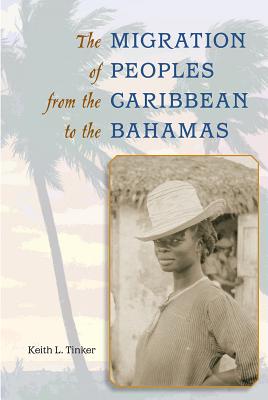Expedite your nonfiction book discovery process with Readara interviews, summaries and recommendations, Broaden your knowledge and gain insights from leading experts and scholars
In-depth, hour-long interviews with notable nonfiction authors, Gain new perspectives and ideas from the writer’s expertise and research, Valuable resource for readers and researchers
Optimize your book discovery process, Four-to eight-page summaries prepared by subject matter experts, Quickly review the book’s central messages and range of content
Books are handpicked covering a wide range of important categories and topics, Selected authors are subject experts, field professionals, or distinguished academics
Our editorial team includes books offering insights, unique views and researched-narratives in categories, Trade shows and book fairs, Book signings and in person author talks,Webinars and online events
Connect with editors and designers,Discover PR & marketing services providers, Source printers and related service providers

The Migration of Peoples from the Caribbean to the Bahamas
Social Science > Anthropology - General
- University Press of Florida
- Paperback
- 9780813062129
- 9.02 X 5.98 X 0.48 inches
- 0.7 pounds
- Social Science > Anthropology - General
- (Single Author) Asian American
- English
Readara.com
Book Description
Creatively drawing on documentary sources and oral histories, Tinker offers invaluable insights into the social, political, and economic forces that have helped shape the history of West Indian migrations to the Bahamas--a country that has often been overlooked in Caribbean migration studies.--Frederick H. Smith, author of Caribbean Rum
Although the Bahamas is geographically part of the West Indies, its population has consistently rejected attempts to link Bahamian national identity to the histories of its poorer Caribbean neighbors. The result of this attitude has been that the impact of Barbadians, Guyanese, Haitians, Jamaicans, and Turks and Caicos islanders living in the Bahamas has remained virtually unstudied.
In this timely volume, Keith Tinker explores the flow of peoples to and from the Bahamas and assesses the impact of various migrant groups on the character of the islands' society and identity. He analyzes the phenomenon of West Indian elitism and reveals an intriguing picture of how immigrants--both documented and undocumented--have shaped the Bahamas from the pre-Columbian period to the present.
The result is the most complete and comprehensive study of migration to the Bahamas, a work that reminds us that Caribbean migration is about more than just the people who leave the islands for the continents of North America and Europe.
Author Bio
Keith Lamont Tinker is retired executive director of the National Museum of the Bahamas, former adjunct professor of Caribbean history at the College of the Bahamas, and author of Migration of Peoples from the Caribbean to the Bahamas (University Press of Florida, 2011).
Source: TheBahamasWeekly.com
Videos
No Videos
Community reviews
No Community reviews

